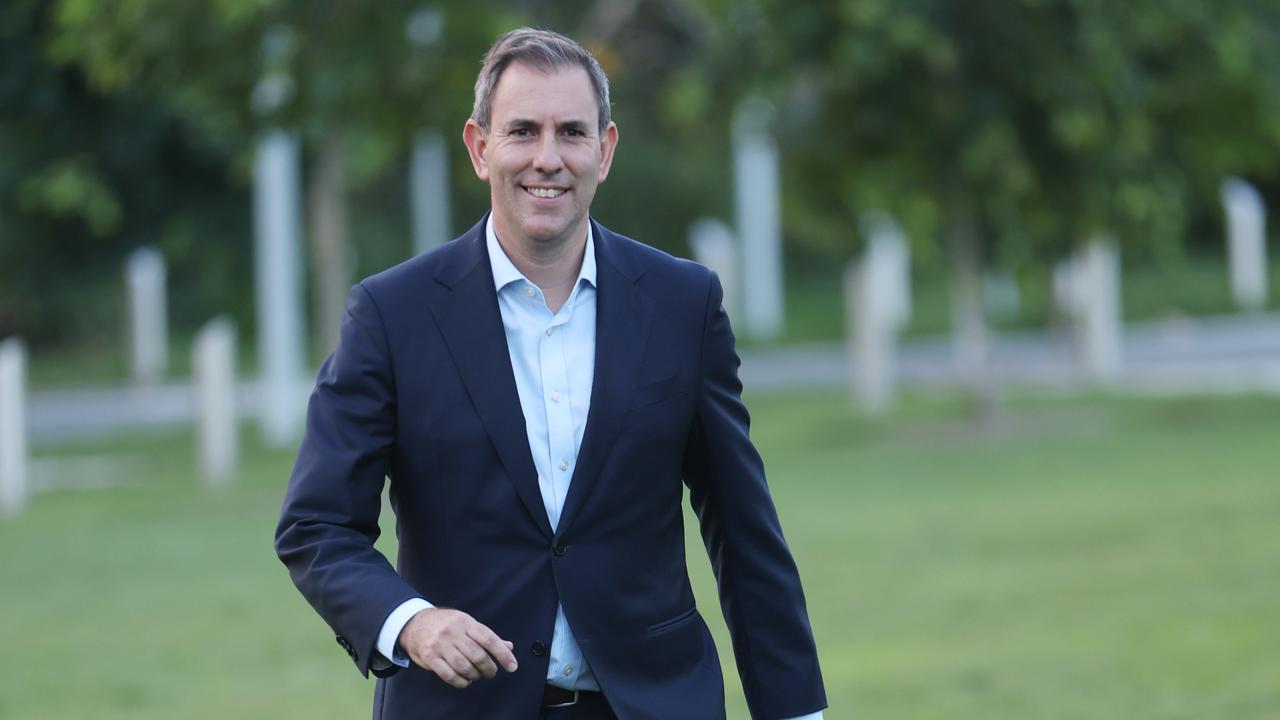
We now know that at the beginning of this crisis many investors chose to “defer” just about anything they could.
It turns out there are almost half a million mortgage deferrals in the banking system and a third of them are investment loans.
In tandem, more than 2 million people have deferred saving for their retirement by accessing the early super release scheme.
A recent survey by the Finder group estimated a quarter of all households had deferred paying more than 2 millions bills.
And it goes without saying that the urge to defer can only intensify if economic conditions worsen, as they surely will in the months ahead as government crisis support programs wind down.
But deferrals are not debt forgiveness and super taken out early to pay for today’s difficulties does not recover the compounding effect of investing over a long period of time.
Earlier this week the banks extended the deferral period on residential mortgages from September until the end of the year.
Senior bank executives talk of reassuring signs that people are willing to repay. They say one in five have started efforts to repay already. But they might just as easily have said four out of five are not repaying and are showing no signs that they will.
Meanwhile, the early super scheme has become an uncomfortable success: the amount the government estimated would be withdrawn in total — $27bn — has already been exceeded. This week a survey reported one in four Australians will consider using the scheme in the next 12 months.
But when it comes to money, reality catches up sooner or later. For example, the property investors who are deferring. The way it works, the mortgage on that property is just going to be bigger at the end of the deferral period. The only difference will be the value of the asset may well be lower and the prospects of getting tenants not to mention rent increases will have gone backwards.
In other words, the days of deferral are a little unreal — like the “phony war” at the opening of World War II, they mask a harder reality that looms ahead.
At its worst, in the early super scheme, more than half a million people have already taken out every single penny they had in their accounts — that’s it, there is now nothing left in the kitty. The economic reality looming for many in this group is the aged care pension.
There has to be a better way — in fact, as an investor you know you must find a better way to continually make returns and ideally cut costs at the same time.
Usefully, the annual Fidelity International report on investment behaviour arrived earlier this week, and it gives us a good picture of both the sentiment among Australian investors and their intentions.
The survey says one in three Australians have seen their financial wellbeing suffer since the crisis started.
When this sample of more than 2000 people were asked how they intend to tackle the crisis, the top choice by far was to cut back spending — in fact, more than half said they “would reduce spending on essential items like food and clothing during the next one to six months over other actions such as selling shares, property or other assets”.
But intentions can be difficult to reconcile with actions.
Among the same group of investors, Fidelity discovered that “a worrying 26.1 per cent say they plan to take the opportunity to access their super early in the next 12 months”.
In any event, it is clear the survey group and many others clearly plan to “stay invested”.
If we put the early super anomaly to one side, only 4.5 per cent of respondents said they would sell shares and a minuscule 1.8 per cent said they would sell an investment property.
These intentions are reassuring because, as we said at the start, surely the formula for surviving the months ahead is making sure investments continue to pay good returns, and cutting costs where you can.
With the tailwind of Modern Monetary Policy behind it, the sharemarket remains the hope for reasonable returns in the months ahead — the ongoing momentum in the ASX and overseas markets coupled, with related advances in alternatives such as gold, stand out as the least worst options in this daunting phase of the investment cycle.
As for saving on costs, deferrals do not do it, but the smart money has clearly been out there refinancing and getting better deals as variable mortgage rates drift lower and lower. With bank mortgage rates now below 3 per cent, compared to 4 per cent a short time ago, the borrower can genuinely make significant savings.
The new home lending figures released mid-week show that home lending is basically on ice — the value of new loan commitments to investors is at its lowest level for nearly two decades.
But the value of refinancing has gone through the roof — it has literally doubled over the past year.
In the month of May alone, refinancing compared to April was up 27 per cent — the largest month-on-month increase since records began in July 2002, according to financial comparison service Canstar.
How might we tackle this period? Stay invested, refinance and defer the notion of deferring if you can at all.







As investors, how can we navigate this most dismal period? Do we tackle it head on — or do we defer difficult decisions to another day?